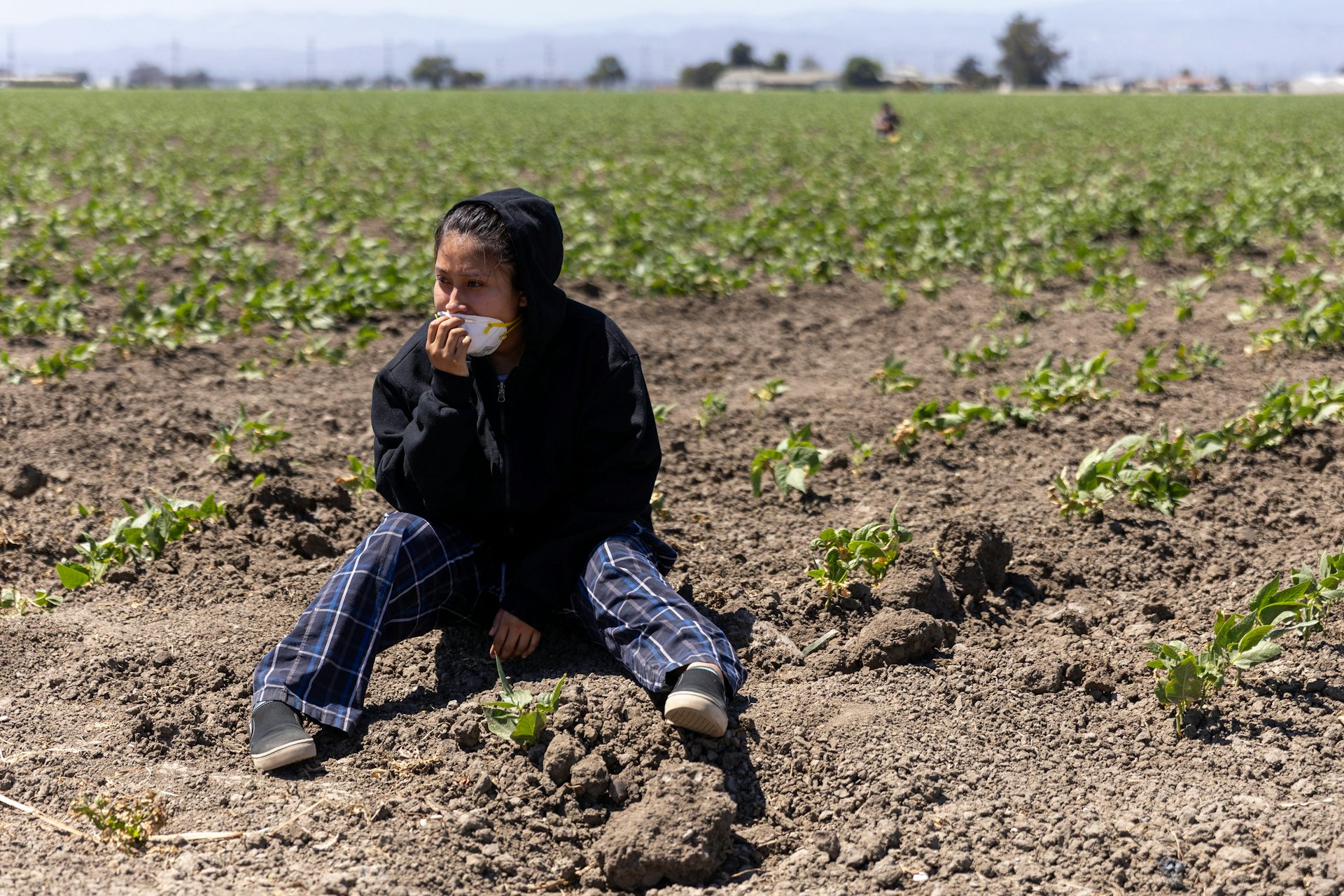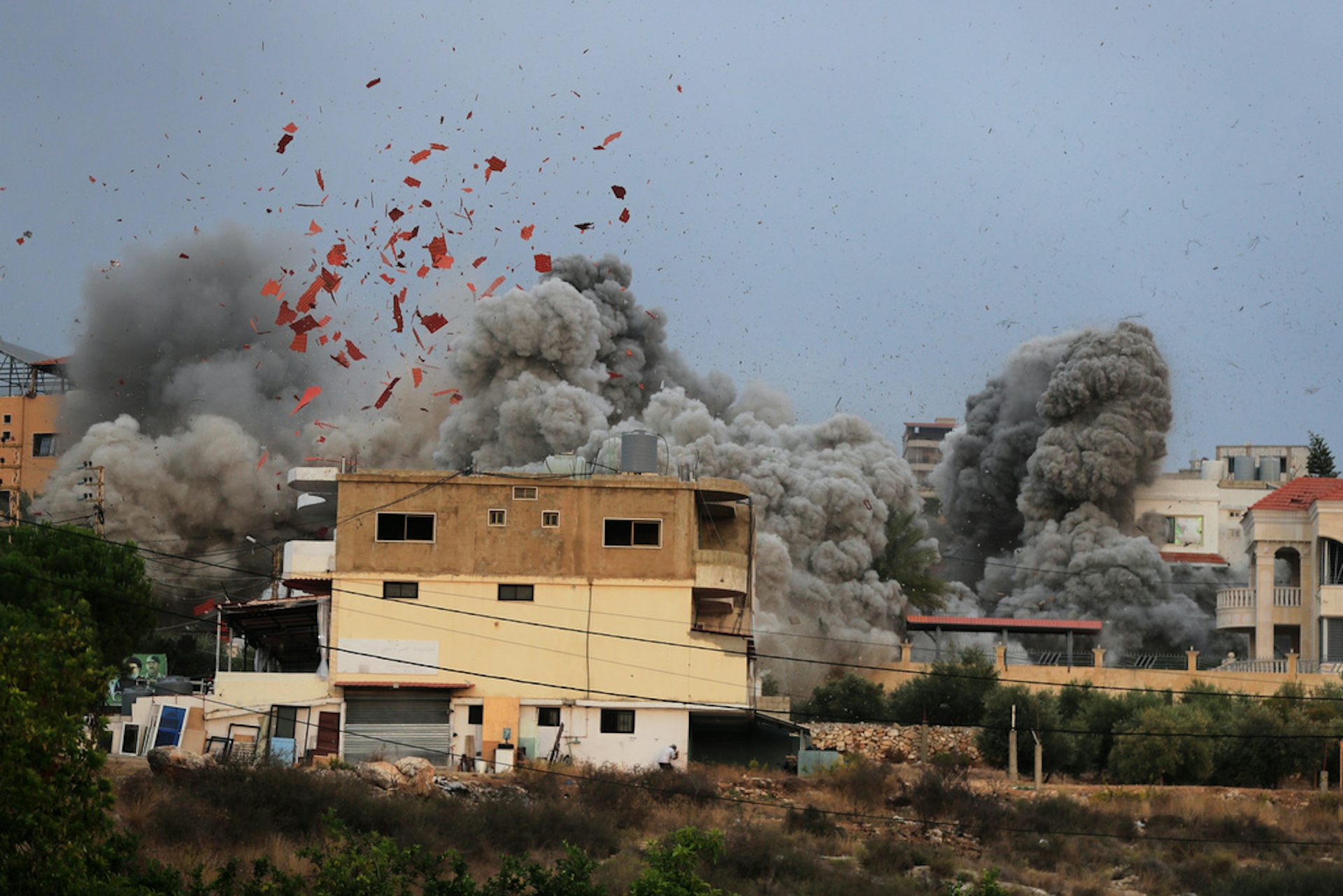How does IS claim responsibility for a terrorist attack?
An expert explains that such claims are probably more calculated and careful than you'd expect.

News outlets have reported that the Islamic State claimed responsibility for a terrorist attack on a London Bridge June 3.
But how do they know? And how reliable are such claims?
We asked Monica Duffy Toft, an international security expert and director of the Center for Strategic Studies at Tufts Fletcher School to explain.
How does media know when IS is behind an attack?
IS generally claims responsibility in one of two ways.
First, IS has its own Amaq News Agency. Amaq acts like an official state news agency, similar to North Korea’s Korean Central News Agency. It pushes out breaking news reports, both text and video, through an encrypted mobile Android app. You must be invited or know someone in the network to be able to download it. Its reports are then tweeted by people interested in IS like supporters, the media and analysts.
The second route is less common: IS issues a statement directly via its official channel, the Nashir Media Foundation. While Amaq also publishes statements and stories by Islamists and jihadists other than IS, Nashir is considered the direct voice of IS leadership.
IS’ use of limited and strictly controlled outlets for claims of responsibility for its operations allows it to stop rivals from faking claims of responsibility on IS’ behalf.
What does a claim of responsibility mean?
IS claims responsibility both for attacks it deliberately planned and executed, and also those inspired by its propaganda.
According to the Long War Journal’s Thomas Jocelyn, IS calls formal members of the group “soldiers of the caliphate.” They also use that term for lone wolves such as the San Bernardino, California and Orlando, Florida attackers.
When IS is directly responsible for a planned attack, a claim of responsibility tends to mention specifics about the attacker and to be released in about 24 hours, according to Jocelyn. If the claim takes longer to appear and offers no details about the attacker, the attack was likely not known to IS in advance.
Rita Katz of SITE Intelligence Group says her group has yet to catch IS claiming responsibility for attacks they had no part in, although they frequently exaggerate the number of casualties.
Why does IS bother to claim responsibility?
According to recent research by terrorism experts Justin Conrad and Max Abrahms, only one in seven terror attacks is actually claimed by the terrorist group responsible.
Given that the act of violence itself is meant as a performance – a way to remind the apathetic or ignorant of a group’s grievances and the costs of ignoring them – that number is surprisingly high.
Conrad and Abrahms argue that groups like IS are composed of two kinds of agents. One is rational leaders with strategic, political objectives. The other is operational foot soldiers, some of whom are not rational. IS’ leaders claim responsibility only when they calculate a political benefit; they refuse to claim responsibility when an attack might hurt the group’s objectives. Conrad and Abrahms analyzed hundreds of cases and conclude that this method is true not just for IS, but for other terrorist groups too.
If this theory is correct, IS claimed responsibility for both the recent Manchester bombing and the London Bridge assaults because its leaders calculated that it would result in a net benefit – like cash from its sympathizers or overreaction from its targets.
Such thinking might explain why no one, including the Taliban, has yet to claim last week’s attack in Kabul, which is believed to have claimed at least 150 lives and wounded another 300 people. We can speculate that something about the victims caused the perpetrators to calculate that it would be too politically costly for them to claim responsibility.
When would IS choose not to claim credit? When an attack results in heavy noncombatant casualties. For example, when Osama Bin Laden – whose group al-Qaida is considered by some to be less radical than IS – was interviewed by Pakistani journalist Taysir Alluni, he was challenged on the legitimacy of killing faithful Muslims who were in New York’s World Trade Center when it was destroyed on 9/11. He responded that these could not have been noncombatants because “Islamic law says that Muslims should not stay long in the land of infidels.”
This exchange shows that the meaning of “noncombatant” is not universal. Even nominal IS supporters may disagree with the group about who is a legitimate “combatant.”
Aren’t we giving IS too much credit? Do they really think strategically?
One of the most important insights to emerge in social science research on ethnic, religious and terrorist violence since the early 1990s, including my own, has been the recognition that groups representing hyper-violent operators do tend to act rationally and strategically. That means their actions and interests can be judged, patterned and predicted.
Monica Duffy Toft does not work for, consult, own shares in or receive funding from any company or organization that would benefit from this article, and has disclosed no relevant affiliations beyond the academic appointment above.
Read These Next
As US hunger rises, Trump administration’s ‘efficiency’ goals cause massive food waste
Despite the administration’s claim of streamlining the government to make its operations more efficient,…
A year on, the Israeli-Lebanese ceasefire looks increasingly fragile − could a return to cyclical vi
Since the start of the truce on Nov. 27, 2024, there have been thousands of Israeli violations inside…
Absence of evidence is not evidence of absence – and that affects what scientific journals choose to
Researchers design studies that might disprove what’s called their null hypothesis – the opposite…





